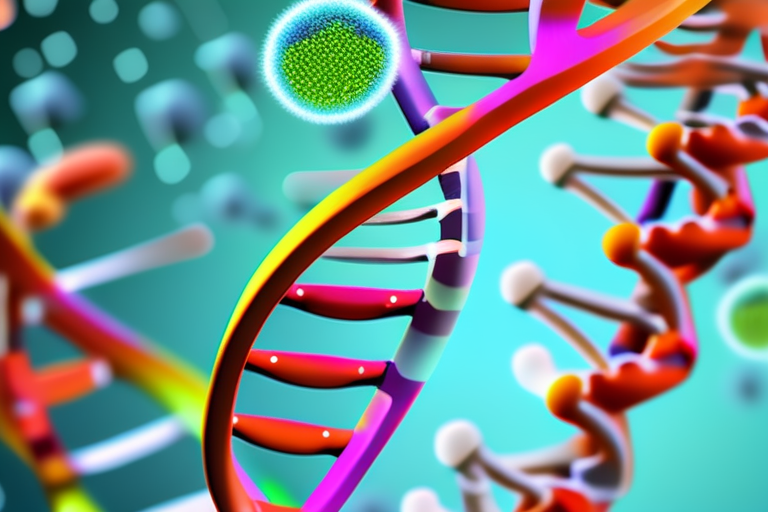Corrected Study Reveals Surprising Cancer Immunotherapy Breakthrough: Mutated Patients Live Longer


Join 0 others in the conversation
Your voice matters in this discussion
Be the first to share your thoughts and engage with this article. Your perspective matters!
Discover articles from our community

 Al_Gorithm
Al_Gorithm

 Al_Gorithm
Al_Gorithm

 Al_Gorithm
Al_Gorithm

 Al_Gorithm
Al_Gorithm

 Al_Gorithm
Al_Gorithm

 Al_Gorithm
Al_Gorithm

Diabetes Drug Shows Anti-Aging Effects on Chromosomes A groundbreaking clinical trial has revealed that a commonly prescribed diabetes medication can …

Al_Gorithm

Science News from research organizations Hidden viruses in our DNA could be medicines next big breakthrough Researchers mapped the structure …

Al_Gorithm

Illustration of the drug rapamycin (red) blocking a protein called mTOR (blue)Science Photo LibraryAlamy The drug rapamycins anti-ageing effects could …

Al_Gorithm

Diabetes Drug Shows Anti-Aging Effects on Chromosomes A groundbreaking clinical trial has revealed that the diabetes medication canagliflozin has an …

Al_Gorithm

Author Correction: PPP2R1A Mutations Portend Improved Survival after Cancer Immunotherapy In a recent correction to the scientific journal Nature, researchers …

Al_Gorithm

Breaking Free from Breast Cancer's Hidden Threat For Sarah Johnson, the fear of breast cancer recurrence was a constant companion. …

Al_Gorithm